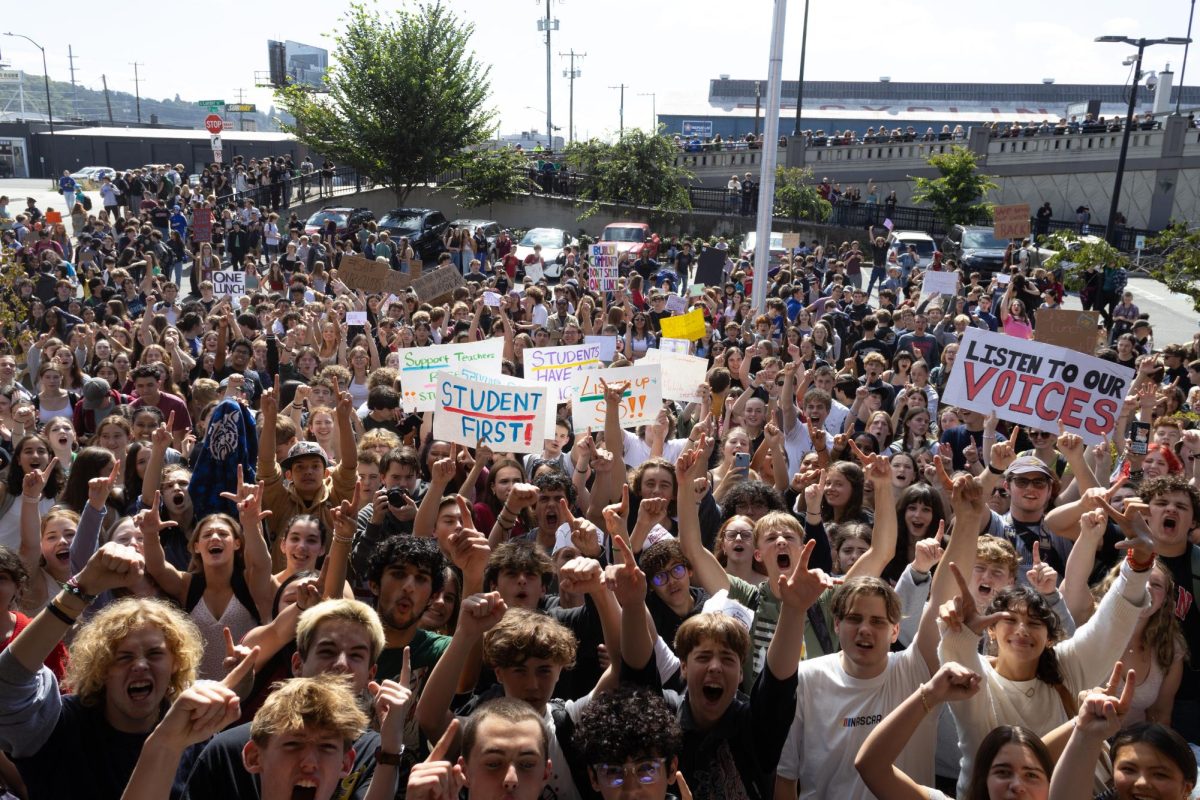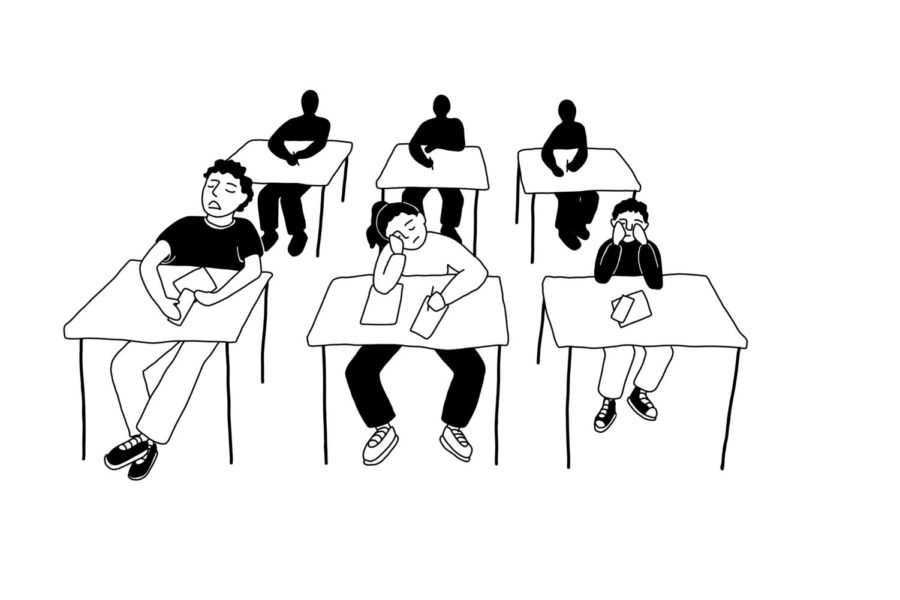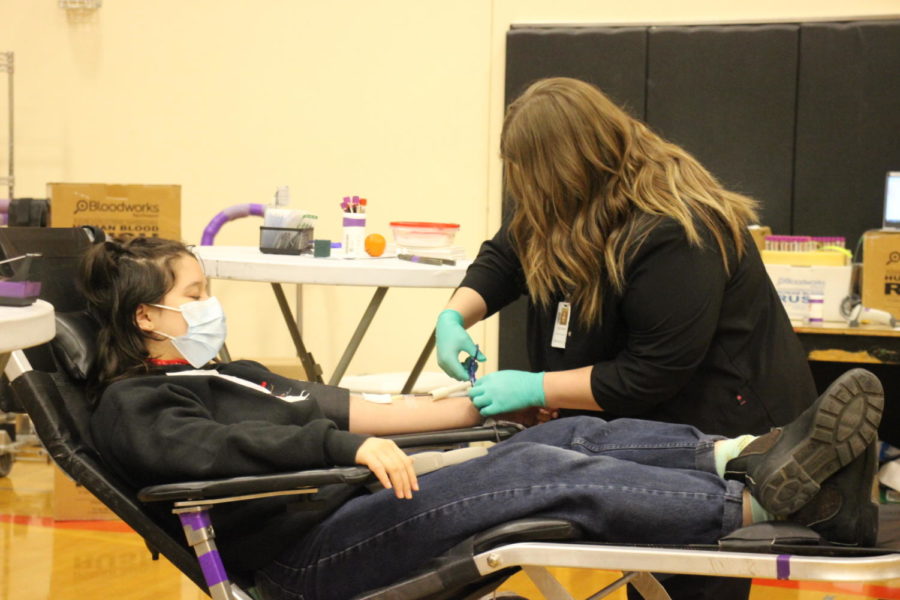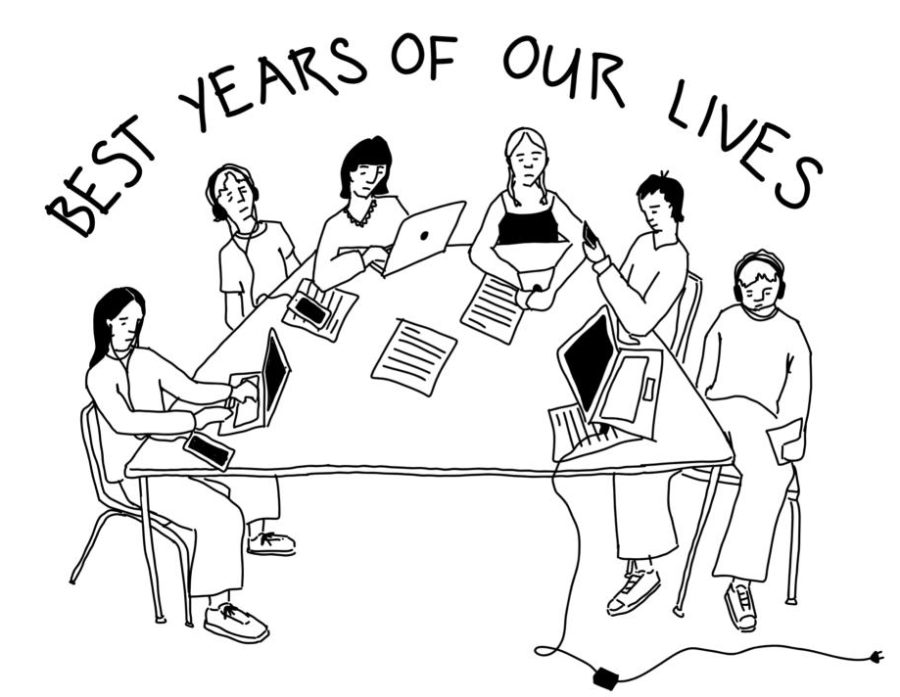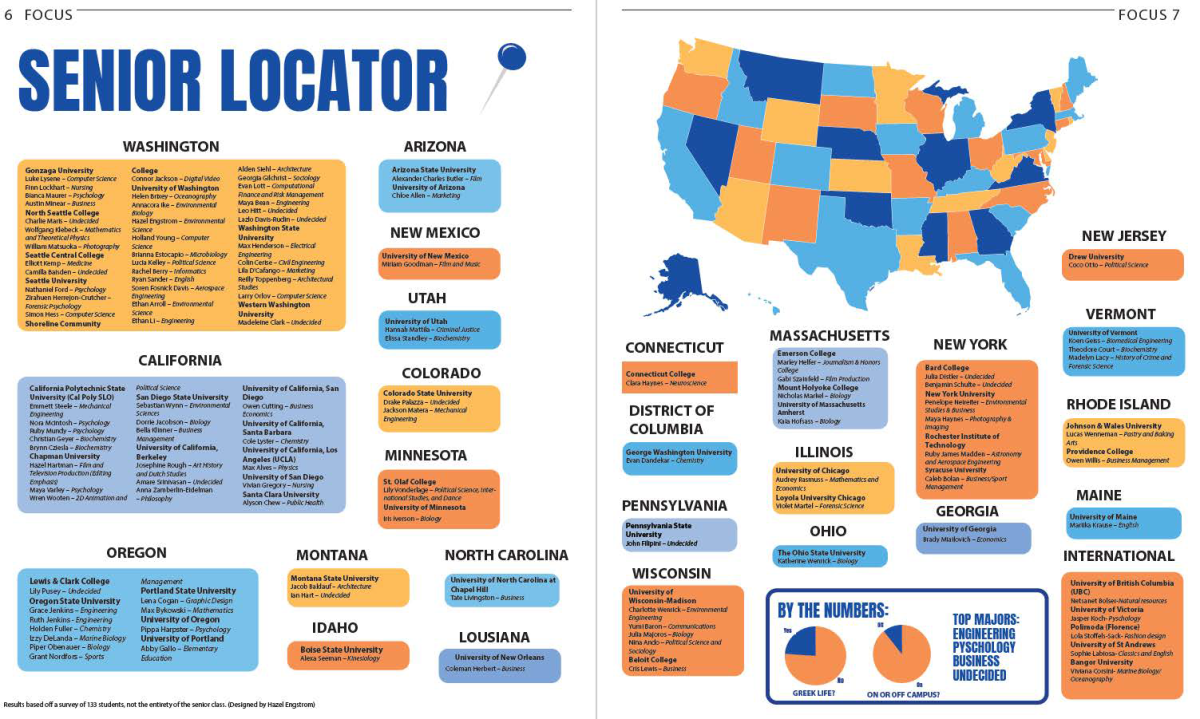With election day upon us, two connected arson attempts occurred on ballot boxes in Washington and Oregon. Voters in these states were encouraged by election officials to “check the status of their ballots” in case they were in the charred debris of the hundreds recovered. It feels incomprehensible that along with the social and structural barriers to voting many in America already face, their ballots could now, literally, go up in flames.
As an increasingly polarized election cycle ramps up to its culmination on Tuesday, a larger concern of election interference creeps steadily along with it. Many voters are looking beyond election day, a date that won’t necessarily mark the end of the contest between Kamala Harris and Donald Trump.
As more Americans vote by mail, more time is allocated to correctly open and verify these ballots. In 2020, it took until Saturday, November 7 for Joe Biden to be officially named the winner by most major media outlets, yet even then Donald Trump refused to admit he had lost.
Two months later, in a now deleted tweet on the platform X, Trump infamously wrote to his millions of followers: “Statistically impossible to have lost the 2020 Election. Big protest in D.C. on January 6th. Be there, will be wild.” Demonstrators breached the barricades surrounding Congress in an attempt to interfere with the ceremonial counting of electoral votes, an insurrection that left five people dead, one of them a capitol police officer.
While misinformation and even election interference by a presidential candidate is not unique to Trump, never before had one staged a violent coup d’etat meant to undermine public confidence in the United States electoral process.
As Harris and Trump remain deadlocked in the polls, many worry that a volatile aftermath will similarly accompany the 2024 election, in part due to the dangerous new precedents set by social media giants like Meta in the digital age of campaigning.
A study in collaboration with Wired and The Tech Transparency Project found that the Meta off-shoots Facebook and Instagram were host to hundreds of pages belonging to right wing extremist groups and militias.
According to Wired, Meta’s enforcement of its own content guidelines towards groups like this (which Meta has labeled as dangerous) has been half-hearted. Accounts associated with groups that took part in the January 6 riots remain online and accessible, still serving as a recruitment and planning tool for the “militarized social movements” that attempted to “take back the election” in 2021.
These findings are especially concerning coupled with the proliferation of discourse within social media “echo-chambers,” defined by the Oxford dictionary “an environment in which a person encounters only beliefs or opinions that coincide with their own, so that their existing views are reinforced and alternative ideas are not considered.”
Healthy political discourse is a core value of democracy. When our conversations lack a diversity of ideas, our perspectives are only affirmed and never challenged. Movements based on misinformation are circulated rapidly and manifest in the form of severe, real-life consequences. We lose sight of what our democratic process should look like when an election becomes one of social media trends, tweets, burning ballot boxes and personal attacks on candidates.
For young voters, this is the first chance we have to shape the people and policies that make up our government. Our democratic participation won’t only determine the 47th president of the United States, but also the ideals we want to encompass our future.




